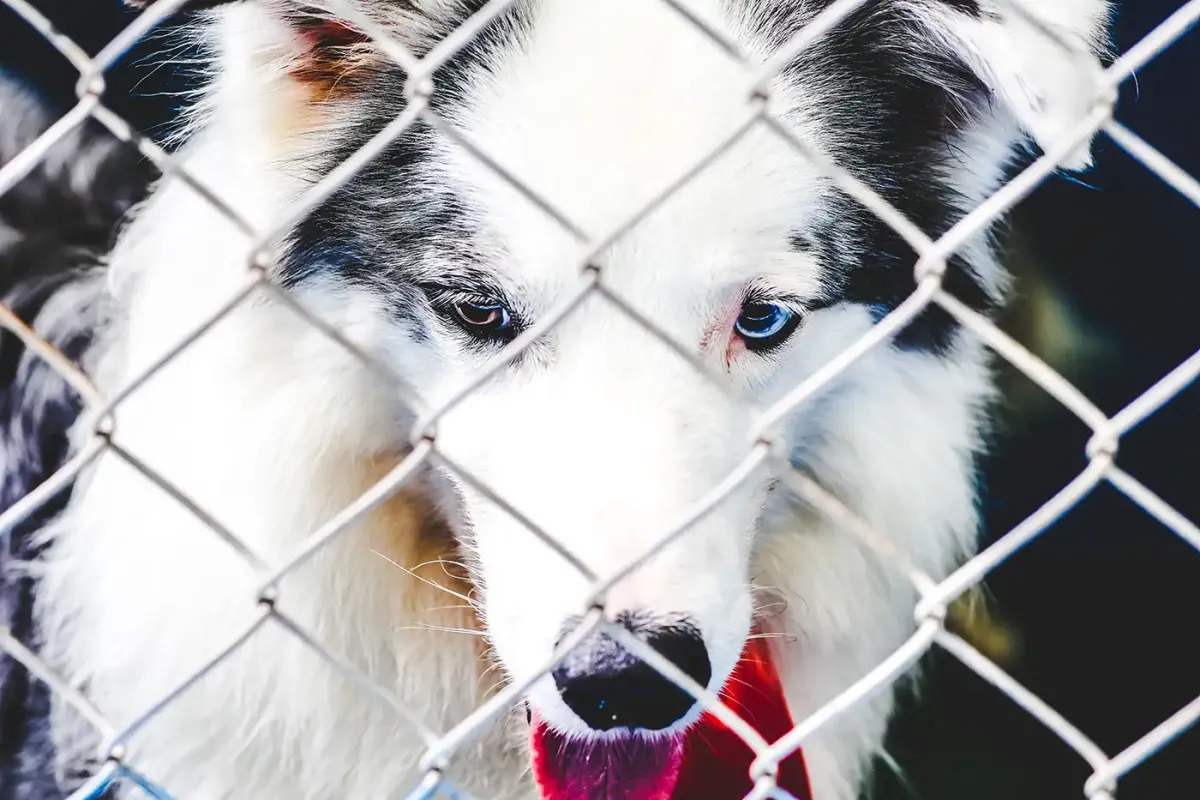Rescue Dogs

This guide should ensure that your dog is a pleasure to live with and more importantly for the dog, will never be returned to a shelter.
- Entering a new home will be a stressful time for the dog. Let him settle in for 2 weeks and just ignore a lot of his overtures. Love him with your voice but try not to over-handle him in the first couple of weeks.
- Don't let children hug the dog tightly around the neck.
- As a family, make your rules for the dog and stick to them.
- Don't use aggressive body language such as pointing, raising your hand, tapping the dog on the nose, scuffing, holding it down or grabbing it by the collar.
- Don't hand food to the dog. Throw it to on the floor or throw it to him and let him catch it.
- Use only one word to let the dog know he's doing something wrong. Keep the rest of your vocal communication with him very soft and gentle. Use body language to let him know what you want him to do.
- Don't tell your dog off by using his name.
- Give your dog an area of safety, such as a sleeping crate.
- Don't let children disturb him if he's sleeping.
- Teach him to separate. Don't have him with you all the time.
- If you have to leave him for long periods of time, make sure that he has plenty of fruit and vegetables or raw food to munch on whilst you're out.
- If you're unsure of his behaviour with other dogs and he's a big dog, temporarily muzzle him until you are sure he won't damage another animal.
- Keep him on a long lunging lead in the park until you're sure he will come back to you each time you call him.
- Have him micro-chipped so that if he becomes lost, you can find him again.
- Feed him outside as well as inside to encourage him to use the garden for toileting purposes.
- Ensure you have a safe garden so that he can spend some time in the fresh air.
- Don't let him answer the doorbell. You are his protector, don't let him become yours.
- Don't mistake barking at visitors as him being a good watchdog; it isn't....
- Make sure your dog understands his rules and boundaries and learn to communicate with him in his own language rather than expecting him to understand your language.
Follow these basic guidelines and there is no reason why you can't love your dog and have a great relationship with him. But please do seek professional help if your dog does start to get the better of you. After all, the last thing either of you wants is for him to end up back in a shelter.
Recent Articles
- Easter Holidays - Keeping our dogs safe around food
- Horticultural Horrors for Hounds
- Understanding Dog Body Language
- Heatstroke in dogs - know the signs and what to do
- Preventing Separation Anxiety When Returning To Work
- Separation Anxiety
- Managing your time at home with your dog
- Top 10 Indoor Games for your Dog
- Working from home with your dog
- COVID-19 Social Distancing and Self Isolation
